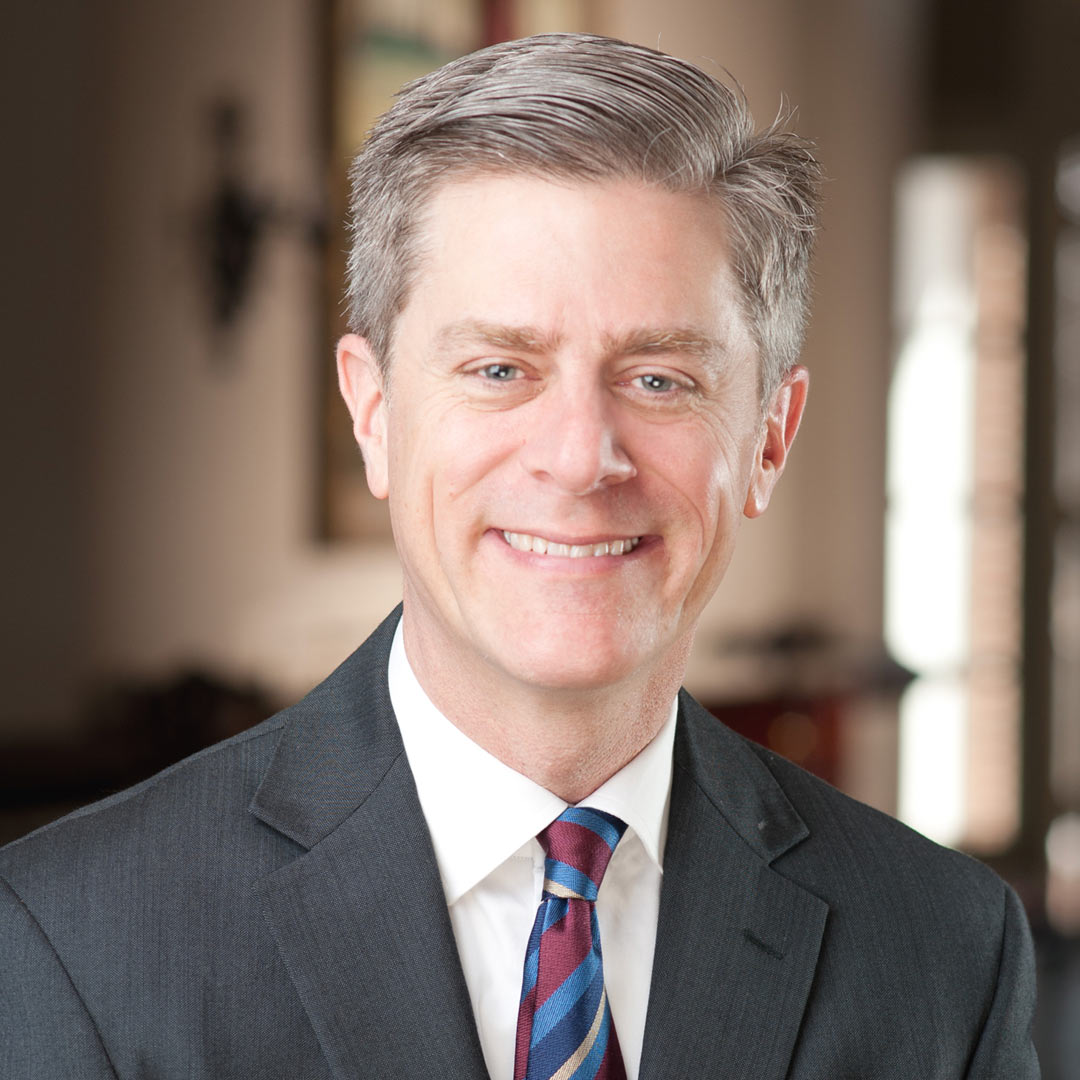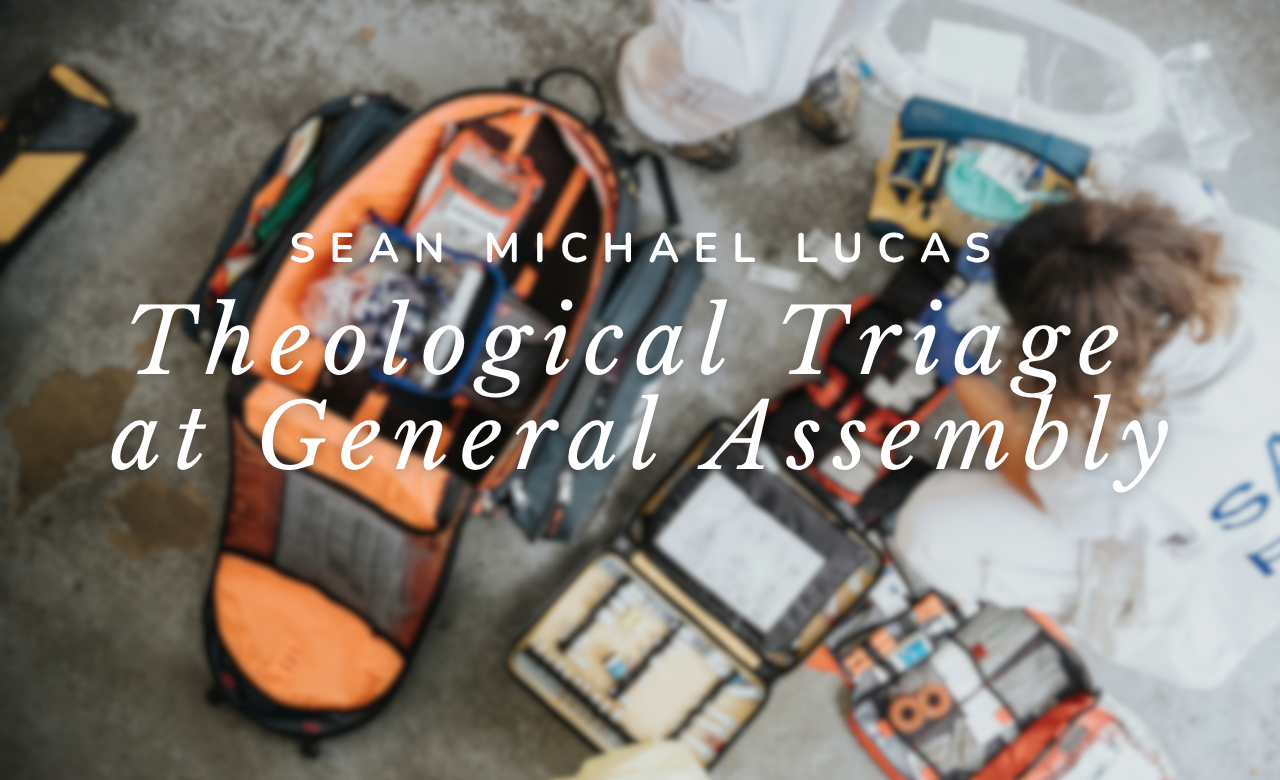As a pastor, husband, and father, I have spent many hours in hospitals, particularly in emergency rooms. Inevitably, these places practice triage. When I’ve brought my football-playing son to the ER with an injury, he has often been placed lower on the list for immediate care, especially compared to those experiencing traumatic or acute symptoms. That makes sense, of course. A sprained ankle and a gunshot wound are two different kinds of injuries requiring two different types of care; triaging allows emergency personnel to figure out who needs care first.
How to Conduct Theological Triage
Theologians have brought this concept of triage to their own work. My former teaching assistant, Gavin Ortlund, helpfully provided such a case in his wonderful little book, Finding the Right Hills to Die On. Ortlund observes that believers tend to flatten out doctrines and Christian practices, treating them all at the same level of importance. Some do this because they want to fight over everything—and so every doctrine is worth battling over. Others treat doctrines at the same level of importance because they don’t want to fight over anything—no belief commitment is worth a fight or breaking fellowship. Ortlund suggests that we need to distinguish between doctrines and practices based on their importance, identifying what must be upheld foremost and what is of lesser significance.
In the PCA, we already do this kind of theological triage work in our practice of good faith subscription. As laid out in our Book of Church Order and Rules of Assembly Operation, teaching elders let their presbytery know of any differences they might have with the Westminster Confession of Faith or the two catechisms. Presbyteries then determine whether those differences “strike at the vitals of religion”; whether they are substantial differences that do not “strike at the vitals of religion”; or whether they are merely differences over phrasing (“sematic differences”). If the differences strike at the vitals of religion, then that pastor will not and ought not find a place in the PCA. Otherwise, they might be held as a difference. This is triage at work.
It strikes me, as we prepare for this year’s PCA General Assembly, that we need to bring this idea of theological triage to bear on the fifty-two overtures (!) that will be before us. If we imagine the PCA as a hospital or emergency room, how should we envision the necessity for theological triage playing out? Which overtures address acute crises? Which address broken arms and bloody noses?
Take Overture 12 from Providence Presbytery as an example. The overture asks the Assembly—and then the presbyteries and a subsequent assembly—to amend the Book of Church Order to make it clear that only elders and deacons may distribute the Lord’s Supper. From a practice of theological triage, one might ask: is there some danger that the PCA faces because non-officers are receiving the elements from the teaching elder who is presiding at the table and then passing them out?
I think not. After all, if people are sitting in the pews to take communion, when an elder or deacon hands the tray to a church member to pass down the aisle, technically, a non-ordained man or woman is distributing the elements to the next person. This overture appears to require uniformity in a practice where some diversity has long existed.
There are other examples, of course. Several overtures seem to originate from cases that have come before the Standing Judicial Commission (see the various overtures from Houston Metro, SE Alabama, and Pacific NW presbyteries). While some of them have merit, why do we need so many changes to our order each year? Are these really the most important things for us to consider and act on? By tightening our rules of discipline, we are moving away from the original genius of our book, which is more a map than a mandate (as first PCA moderator W. Jack Williamson once observed).
Fixed Orthodoxy, Flexible Methodology
Theological triage would help us return to one of the most helpful bits of ministry philosophy I’ve ever come across.
Part of the enduring wisdom passed down by former RUF Mississippi coordinator Bebo Elkin is the importance of holding to a fixed orthodoxy while allowing for a flexible methodology. Too much that is coming before the General Assembly this year is trying to insist upon a fixed methodology—whether it is who distributes communion or how we implement the confessional elements of worship through a standardized Directory for Worship, or whether sessions need to report worship times, or who is on their sessions and diaconates.
When I came into the PCA nearly twenty-five years ago, we claimed that we were a “grassroots” denomination. We had come out of a denomination that emphasized central control and power in its Assembly; our originating genius was to put the power and control back in the hands of the presbyteries and to trust their local oversight. Perhaps by insisting that everything is a first-order issue—insisting upon a fixed orthodoxy and methodology and then policing it through Assembly action—we are moving back to the centralized control of the old PCUS and away from our founding grassroots emphasis.
If that is happening, then the solution is theological triage.
Then we will be forced to ask the question, “Is this a first-order or second-order concern? Do we really need this policy change? Or can we trust our presbyteries and each other to work out our first-order doctrinal commitments in their local contexts?”

